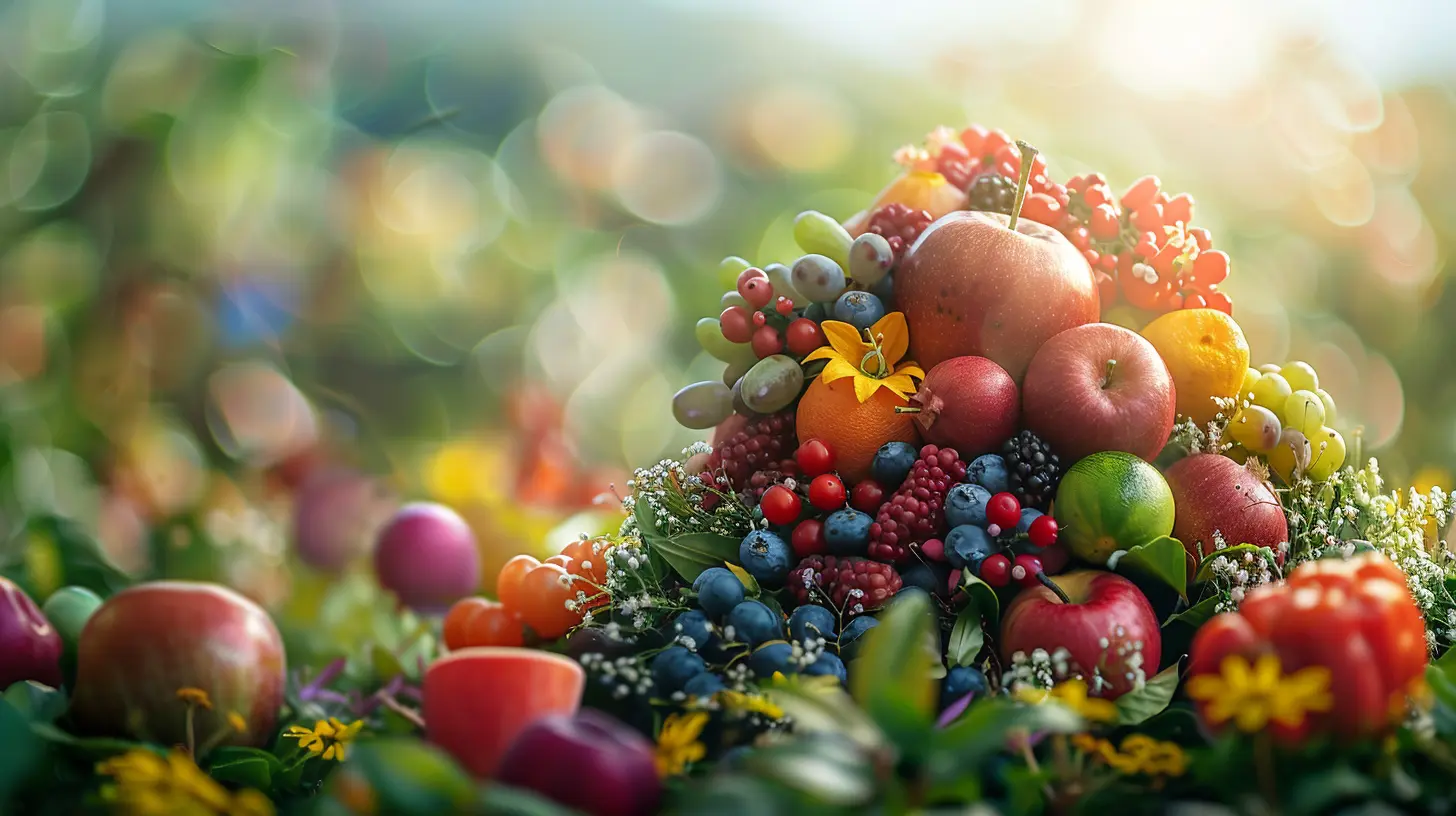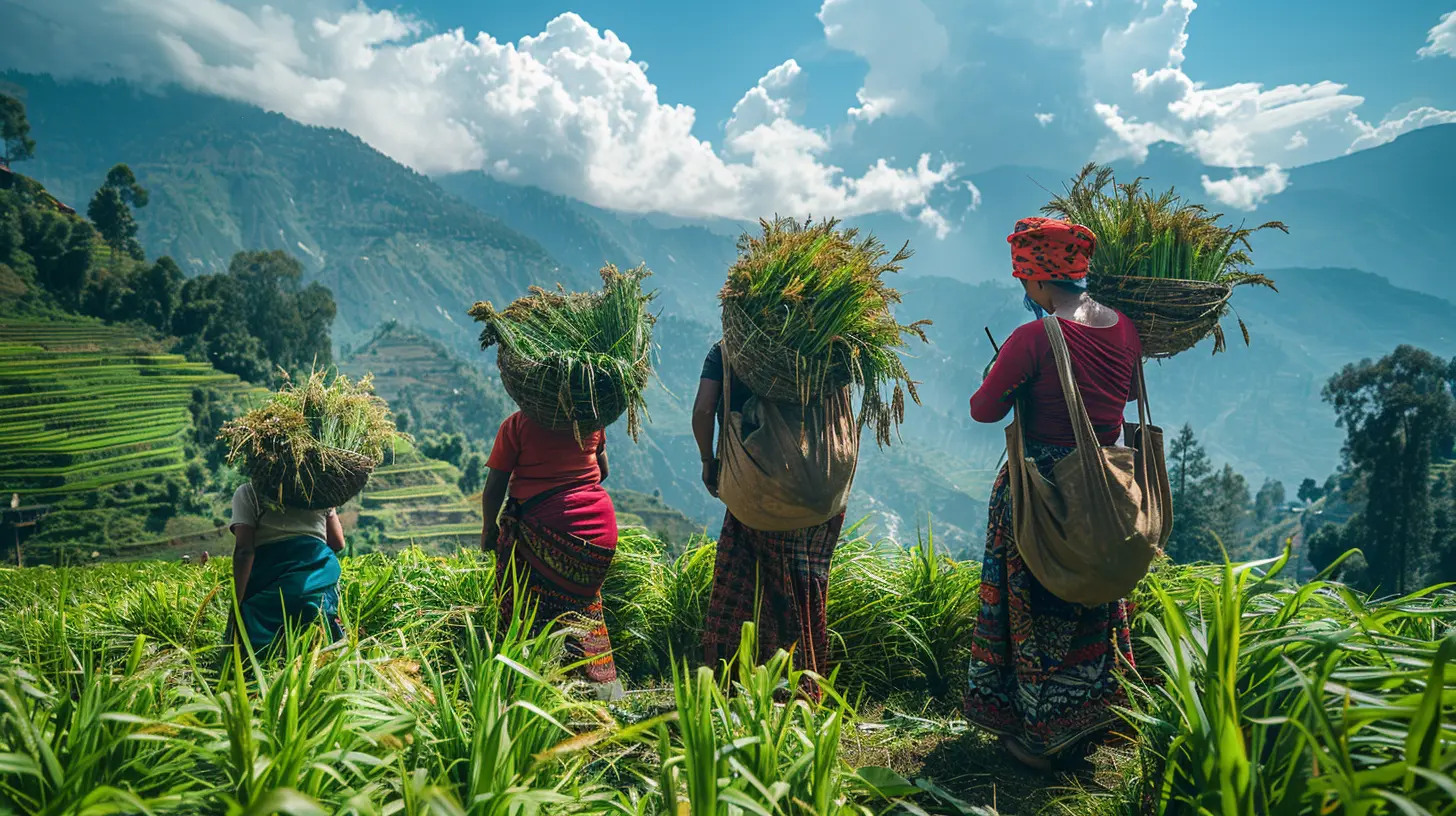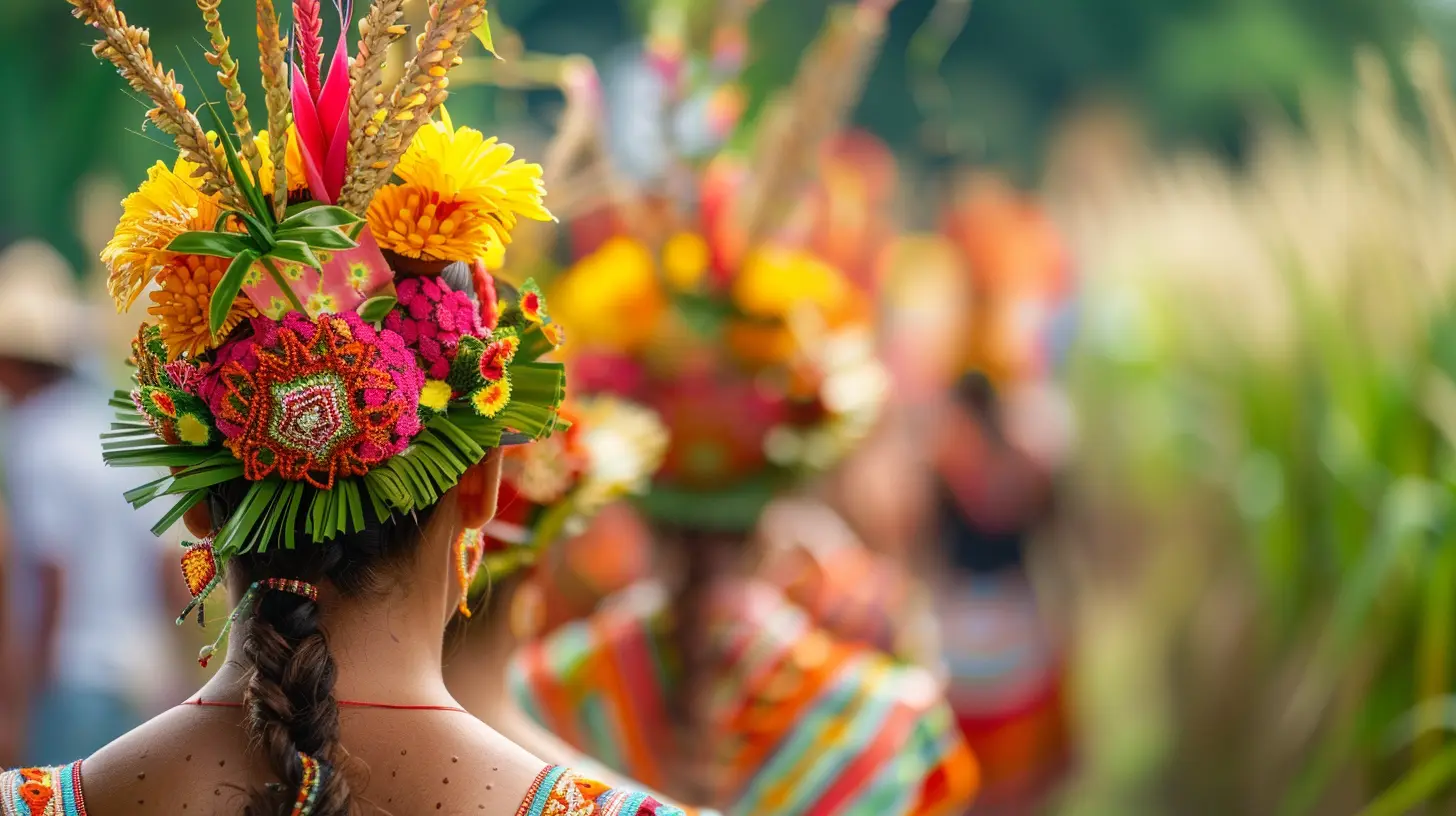24 January 2025
When was the last time you paused to marvel at the soil beneath your feet or the golden crops that sway in the wind? Maybe it's been a while. In today's hustle and bustle, it's easy to overlook the quiet magic of agriculture—the life-sustaining backbone of our existence. But here's where the beauty comes in. Across cultures and through history, humans have found ways to honor and celebrate agriculture, weaving gratitude into festivals and traditions that are as old as the earth itself.
Let’s dive into the fascinating connection between agriculture and gratitude, highlighting the celebrations that remind us of our intrinsic connection to the soil, the seasons, and—most importantly—each other. Ready? Let’s dig in (pun intended)!
The Essence of Agriculture and Gratitude
Agriculture isn’t just about food production; it’s a way of life. For centuries, farmers have sown seeds, nurtured crops, and harvested bounty—a process that requires patience, hard work, and an unstoppable faith in nature. And guess what? Gratitude is at the heart of it all.Think about it. How often do we stop and thank Mother Earth for the food on our plates? Agricultural celebrations serve as that pause button, giving people a chance to acknowledge the land, the farmers, and the forces of nature that make everything possible. It’s like saying a giant, collective "thank you" to the universe.
Why Celebrate Agriculture?
You might be wondering, "Why make a fuss about agriculture?" Here's the thing: farming isn't just about producing food—it's about survival, culture, and community. Agriculture is life. Without it, we wouldn’t have bustling cities, diverse cuisines, or even coffee to jumpstart your mornings. And yes, I know you love your coffee.Agricultural celebrations are a way to recognize this undeniable truth. They're reminders of our historical roots—literally—and of the effort it takes to grow, harvest, and feed the world. Plus, they’re just plain fun! Who doesn’t love festivals filled with food, music, and a sense of togetherness?
Agricultural Festivals Around the World
Every culture pays homage to farming in its own unique way. These festivals are often deeply tied to the changing seasons, harvest times, and local customs. Let’s take a little global tour, shall we?1. Thanksgiving (United States and Canada)
When you think of gratitude and harvest, Thanksgiving probably springs to mind. Celebrated every November in the U.S. and October in Canada, Thanksgiving is more than turkey and pumpkin pie (although let’s be honest, that’s a huge part of it).It traces back to the Pilgrims who celebrated their first successful harvest in 1621. The holiday has evolved into a day of feasting and giving thanks, whether it’s for a good harvest or simply for the loved ones gathered around the table.
2. Pongal (India)
Pongal, celebrated in Tamil Nadu, is a bright, colorful festival dedicated to the sun god Surya and, you guessed it, agriculture. Held mid-January, it marks the end of the harvest season and ushers in the Tamil month of Thai.Farmers offer thanks by cooking a special dish called “Pongal” (a sweet rice pudding) made from freshly harvested rice, milk, and jaggery. The festival also includes decorating cows, traditional dances, and joyous community gatherings. It’s like a big, vibrant thank-you note to nature.
3. Lammas Day (United Kingdom)
Lammas Day, celebrated on August 1st, goes way back to Anglo-Saxon times. It’s all about celebrating the first grain harvest, and the word "Lammas" literally means "loaf mass." Farmers would bake loaves of bread from freshly harvested wheat and take them to church as an offering.Though less widely celebrated today, Lammas holds symbolic importance, reminding people of the sacredness of food and its journey from farm to table.
4. Day of the Dead (Mexico)
Okay, before you raise an eyebrow: no, this isn’t strictly an agricultural festival. However, agriculture plays a key role in the offerings made during Día de los Muertos, celebrated from October 31st to November 2nd. Families honor their ancestors by creating altars, or “ofrendas,” stocked with fruits, grains, and other food items.Why food? Because it represents life's cyclical nature—sowing, growing, harvesting, and eventually, giving back. Plus, it’s believed that the spirits of the departed feast on the essence of the offerings. Talk about food with soul!
5. Sukkot (Judaism)
Sukkot, often called the Feast of Tabernacles, is an agricultural holiday rooted in Jewish tradition. Celebrated in the fall, it commemorates the 40 years the Israelites spent wandering in the desert. More importantly, it’s a celebration of the harvest.During Sukkot, temporary outdoor shelters called “sukkahs” are constructed to reflect the agricultural huts used by farmers during harvests in ancient times. The holiday is a time to be grateful for the abundance of the earth.
What These Festivals Teach Us
So, what’s the common thread in all these celebrations? Gratitude. Whether you’re offering thanks to a deity, nature, or the hard work of your own hands, these festivals remind us to stay grounded—literally and figuratively.And let’s not forget the community aspect. Agricultural celebrations are a time to come together, share meals, trade stories, and simply enjoy life. It’s a break from the routine, a reminder that life isn’t just about working—it’s about celebrating the fruits of that work.
How You Can Celebrate Agriculture and Gratitude in Everyday Life
You don't need a festival to celebrate agriculture. Here are some ways you can bring a little farming appreciation into your routine:1. Visit a Local Farmers’ Market: Chat with the people who grow your food. Trust me, their stories will make you appreciate every bite.
2. Grow Something: Even if it’s just a tiny herb garden on your windowsill, watching something grow is incredibly rewarding.
3. Start Composting: Give back to the earth by creating rich compost to nourish the soil.
4. Cook a Meal from Scratch: Use fresh, local ingredients and think about the journey each ingredient took to reach your plate.
5. Say Thanks: Whether it’s a prayer, a moment of reflection, or a simple "thank you" at the dinner table, make gratitude part of your daily routine.
The Modern Connection: Sustainability and Gratitude
In today’s world, celebrating agriculture isn’t just about harvest festivals and traditions—it's also about sustainability. With climate change, soil degradation, and food insecurity becoming pressing issues, gratitude for agriculture also means taking steps to protect it.Simple actions like reducing food waste, supporting sustainable farming practices, and advocating for environmental policies can make a difference. Think of it as paying it forward to the next generation. After all, the earth has given us so much; it’s only fair that we give back.
Final Thoughts
Agriculture and gratitude go hand in hand. From ancient harvest festivals to modern Thanksgiving feasts, honoring the earth and its bounty has always been a cornerstone of human culture. So next time you see a plate of food, pause. Think about the journey it took to get there—the soil, the seeds, the sun, the rain, and the hands that nurtured it. And maybe, just maybe, send a silent thank-you out into the universe.Because when we celebrate agriculture, we’re not just celebrating food—we’re celebrating life itself.









Martha McCloud
What fascinating traditions celebrate agriculture and gratitude? I’d love to learn more about how different cultures honor their harvests!
February 3, 2025 at 4:10 AM